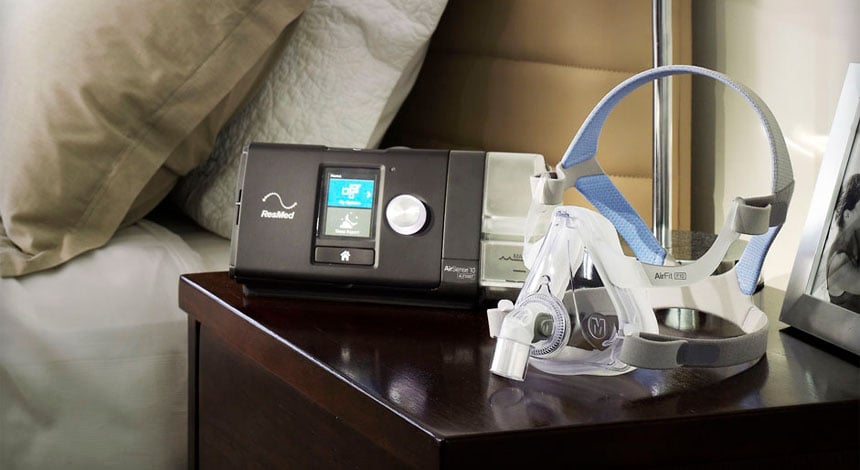Show me the way to...
txt
Show me the way to...

What are the benefits of using a ResMed AutoSet™ device for your sleep apnea? How exactly does it work? Find the answers to these and other AutoSet FAQs below.
A. AutoSet adjusts pressure on a breath-by-breath basis to suit your personal breathing needs throughout the night. As a result, you receive the minimum pressure required for therapy, and these lower average pressures help to improve comfort.
A. After you fall asleep and your pressure needs begin to vary, your AutoSet device responds to three separate parameters, based on the degree of airway blockage caused by your sleep apnea: inspiratory flow limitation, snore, and apnea. AutoSet devices automatically increase pressure as airway blockage starts to occur in order to minimise the chances of it developing into apneas.
A. AutoSet devices only respond to hypopnea events when they're associated with airway blockage. Hypopneas that are not associated with airway blockage cannot be treated with increased pressure, and as such an AutoSet device pressure will not increase in these cases. Talk to your doctor or ResMed accredited outlet about which devices can treat hypopnea events.
A. AutoSet assesses breathing and adjusts pressure according to a five-breath average.
A. Actually, the opposite is true. AutoSet technology can provide greater benefits for people who need higher pressures.
A. Our AutoSet algorithm has been clinically validated in numerous third-party tests and peer-reviewed journals for more than a decade.1,2,3 During this time it has been continually developed and enhanced.
Do you have a question about ResMed's AutoSet that isn't addressed on this page? Contact our customer support, click here to submit an online inquiry.
©2000-2019 ResMed. All rights reserved.